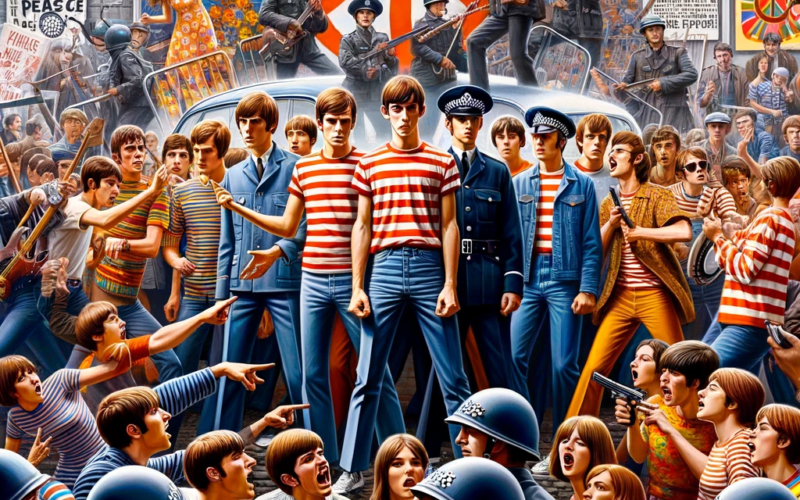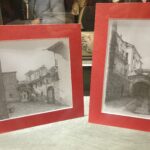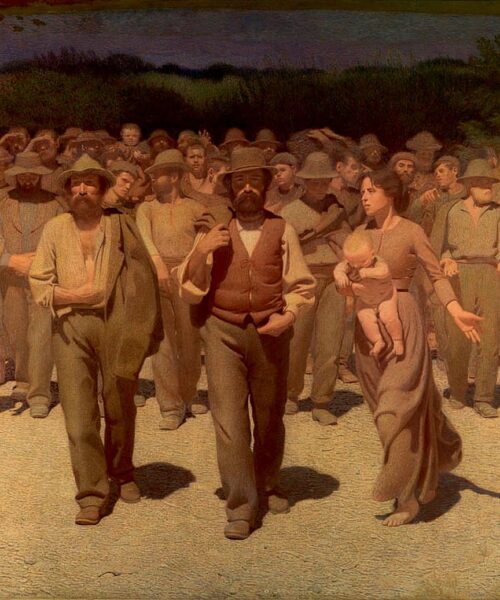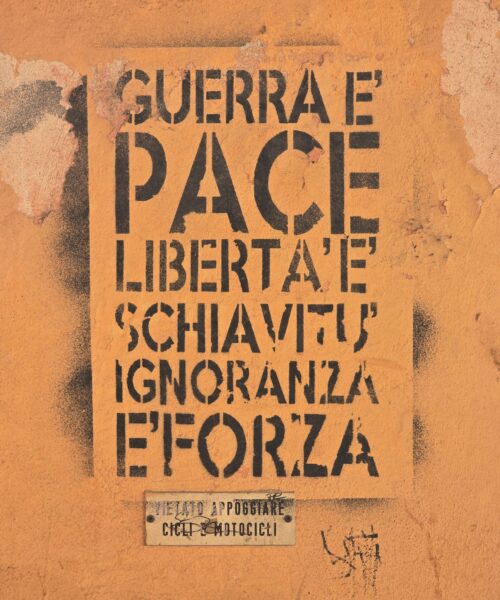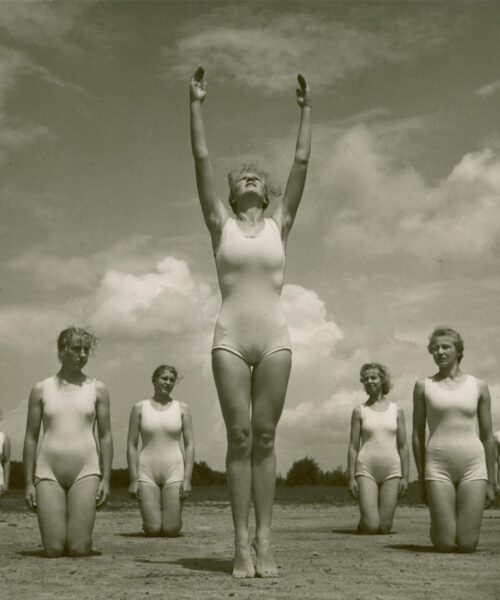The 1960s were a period of revolutionary fervor and grand dreams. It was a decade where youth rebellion took on an almost romantic guise, marked by a mix of idealism and naivety. The streets filled with youngsters in striped shirts, symbols of a protest that transcended politics and was also expressed aesthetically. These young people, armed with ideals of peace and equality, paradoxically found themselves involved in violent clashes, a contradiction that seems almost a mockery of history.
Non-violence, the cornerstone principle of these movements, often became a living paradox. Peaceful demonstrations degenerated into violent confrontations, illustrating a peculiar blend of ideals and reality. The cry “Do not kill” was lost in the noise of stones thrown at law enforcement. It was a protest tinged with violence, denying the very principles it sought to defend.
The youthful utopias of that time, noble as they were, clashed with the complexity of the real world. There was a strong desire to tear down existing structures, but a lack of concrete plans on how to rebuild them. It was a fatal mistake: to destroy without building. Then there was the conformity of nonconformity, a phenomenon almost comical if it weren’t tragic. The quest to be different and unique paradoxically ended up creating an involuntary homogeneity. A rebellion that, despite itself, became a fashion.
We cannot forget the cultural influence of that period: music, literature, cinema. From “The Catcher in the Rye” to Rita Pavone, from The Beatles to The Rolling Stones, these were the symbols of an era crying for change. But, even here, how much of this spirit has survived in subsequent decades?
Pacifism, the fight against militarism, dreams of equality and justice have left a mark, but perhaps not as profound as hoped. And the phenomenon of internal migration, the South expressing its dissent, Franca Viola challenging conventions, are all moments of courage, but also mirrors of a society struggling to find its way.
In conclusion, the 1960s left us a legacy of ideals, dreams, but also contradictions and disillusionment. A decade of hopes, but also of realities often in conflict with utopias. A period that teaches us how complicated, yet necessary, it is to try to build a better world, reminding us that passion, powerful as it is, must always be guided by reason and respect for others. An era that shows us that building is much more difficult than destroying, and that utopias, however beautiful, must be rooted in reality to be truly transformative.
Valerio Rivolta

